培生(Pearson)推出的《Roadmap》是一套专为成人及青少年英语学习者设计的综合性英语课程,适用于CEFR A1-C1级别。该教材以“实用英语技能培养”为核心,强调在真实生活场景中提升学习者的语言应用能力,尤其适合希望在学术、职场或日常交流中快速提升英语水平的学习者。其特色在于结合现代教学法与数字化工具,打造灵活、个性化的学习路径。
2. 核心特点
-
目标导向学习:
每个单元围绕具体学习目标(如“预订旅行住宿”“参与小组讨论”)展开,确保学习者能够立即将所学应用于实际情境。 -
模块化设计:
教材内容分为独立模块,教师或学生可根据需求自由组合,支持个性化学习路径。 -
真实语料库:
采用真实对话、新闻报道、社交媒体内容等作为教学材料,增强语言的地道性和时代感。 -
技能整合:
每课融合听、说、读、写四项技能,辅以语法和词汇的系统训练,注重语言流畅度与准确性的平衡。 -
数字化学习生态:
配套Pearson English Portal提供互动练习、自适应测试、进度追踪及即时反馈,支持混合式学习(线上+线下)。
3. 教材结构
《Roadmap》按语言水平分为8个级别(A1-C1),每个级别包含10个单元,每单元结构示例如下:
-
单元目标(Destination):
明确本单元需掌握的技能和语言点,例如“用英语处理客户投诉”。 -
情境导入(Starting Point):
通过短视频、图片或问题引入主题,激活背景知识。 -
语言输入(Language Focus):
-
词汇:主题相关高频词及搭配(如商务会议常用表达)。
-
语法:结合情境讲解语法规则,避免孤立记忆。
-
-
技能训练(Skills Practice):
-
听力:真实对话、播客片段、电话留言等。
-
口语:角色扮演、辩论、即兴演讲,侧重互动与流利度。
-
阅读:多体裁文本(邮件、博客、图表),培养速读与精读技巧。
-
写作:从短句到篇章,涵盖邮件、报告、社交媒体帖子等实用文体。
-
-
任务挑战(Mission):
综合性任务(如策划活动、撰写提案),模拟真实场景应用。 -
复习与自评(Checkpoint):
通过自测题、同伴互评及数字化工具反馈,巩固学习成果。
4. 适用对象
-
成人学习者:需提升职场英语、备考国际考试(如雅思、托福)或计划留学移民者。
-
青少年学生:适合中学至大学阶段,作为学术英语(EAP)的衔接课程。
-
混合能力班级:模块化设计便于教师根据学生水平调整教学内容。
5. 配套资源
-
学生用书(Student’s Book):全彩印刷,含二维码链接至音频、视频资源。
-
练习册(Workbook):强化语法、词汇及写作训练,附答案自查表。
-
教师用书(Teacher’s Book):提供差异化教学策略、课堂活动建议及测试题库。
-
Pearson English Portal:
-
自适应学习平台:根据学习者表现智能推荐练习内容。
-
互动白板工具:动态课件、游戏化任务提升课堂参与度。
-
移动端支持:随时随地进行听力训练或复习词汇。
-
-
测评工具:单元测试、进度报告及CEFR对标评估,助力学习目标管理。
6. 教学理念
-
任务型教学法(TBLT):通过完成真实任务驱动语言学习,如模拟面试或撰写旅行攻略。
-
自主学习赋能:鼓励学习者通过数字化工具设定个人目标并监控进度。
-
文化敏感性培养:单元内容涵盖多元文化视角,避免刻板印象,促进跨文化沟通能力。
7. 市场反馈与优势
-
高效实用:学习者反馈其内容贴近生活,尤其在商务和社交场景中应用性强。
-
灵活性高:教师赞赏模块化设计便于因材施教,适应不同课程时长(如短期集训或长期课程)。
-
技术融合:数字化资源显著提升学习效率,尤其适合远程教学或混合式课堂。
8. 与其他培生教材对比
-
vs.《Business Partner》:
《Roadmap》更侧重通用英语及生活场景,而《Business Partner》专注于商务英语技能。 -
vs.《Focus》系列:
两者均注重学术英语,但《Roadmap》的模块化设计和数字化支持更为突出,适合需要灵活学习路径的用户。
总结
《Roadmap》以其目标明确、情境真实、技术驱动的特点,成为成人及青少年英语学习的优选教材。无论是备考、职场提升还是日常交流,其结构化的学习路径和丰富的资源都能有效支持学习者达成目标。教育机构或自学者可通过培生官网申请试听课程或获取详细教学大纲。
Pearson’s Roadmap is a comprehensive English language course designed for teenage and adult learners (CEFR levels A1–C1). Focused on real-world communication skills, it equips learners to thrive in academic, professional, and social contexts. Combining modern pedagogy with cutting-edge digital tools, Roadmap offers a flexible, personalized learning journey tailored to individual goals.
2. Key Features
-
Goal-Oriented Design:
Each unit centers on practical objectives (e.g., “booking travel accommodation” or “participating in group discussions”) for immediate real-life application. -
Modular Flexibility:
Content is organized into standalone modules, allowing teachers or learners to customize their learning path. -
Authentic Materials:
Incorporates real-world texts, conversations, social media content, and news articles to enhance linguistic authenticity. -
Integrated Skills Development:
Balances listening, speaking, reading, and writing with systematic grammar and vocabulary training. -
Digital Ecosystem:
Supported by the Pearson English Portal, offering interactive exercises, adaptive assessments, progress tracking, and instant feedback for blended learning.
3. Course Structure
Roadmap is divided into 8 levels (A1–C1), each containing 10 units. A typical unit includes:
-
Destination:
Outlines unit goals (e.g., “handling customer complaints in English”). -
Starting Point:
Introduces the theme via videos, images, or discussion questions to activate prior knowledge. -
Language Focus:
-
Vocabulary: High-frequency topic-based words and collocations (e.g., phrases for business meetings).
-
Grammar: Contextualized grammar explanations with practical examples.
-
-
Skills Practice:
-
Listening: Authentic dialogues, podcasts, voicemails.
-
Speaking: Role-plays, debates, impromptu speeches focusing on fluency.
-
Reading: Multigenre texts (emails, blogs, charts) to develop skimming and scanning skills.
-
Writing: Guided practice in emails, reports, social media posts, and essays.
-
-
Mission:
A culminating task (e.g., planning an event, drafting a proposal) to apply skills in realistic scenarios. -
Checkpoint:
Self-assessment quizzes, peer feedback, and digital progress reports to consolidate learning.
4. Target Audience
-
Adults: Professionals seeking workplace English, exam preparation (IELTS, TOEFL), or immigration/study goals.
-
Teenagers: Secondary to university students transitioning to academic English (EAP).
-
Mixed-Ability Classes: Modular design allows teachers to adapt content to diverse proficiency levels.
5. Supplementary Resources
-
Student’s Book: Full-color print with QR codes linking to audio/video resources.
-
Workbook: Reinforces grammar, vocabulary, and writing with answer keys.
-
Teacher’s Book: Provides differentiated instruction strategies, activity ideas, and test banks.
-
Pearson English Portal:
-
Adaptive Learning Platform: Recommends exercises based on performance.
-
Interactive Whiteboard Tools: Dynamic presentations and gamified tasks.
-
Mobile Access: Enables on-the-go listening practice and vocabulary review.
-
-
Assessment Tools: Unit tests, progress reports, and CEFR-aligned evaluations.
6. Pedagogy
-
Task-Based Learning (TBL): Real-world tasks (e.g., mock interviews, travel itineraries) drive language acquisition.
-
Learner Autonomy: Encourages self-directed learning through digital goal-setting and progress tracking.
-
Cultural Awareness: Content reflects diverse perspectives to foster intercultural communication skills.
7. Market Reception & Strengths
-
Practicality: Praised for relatable content, particularly in professional and social settings.
-
Adaptability: Teachers value its modular structure for tailoring lessons to time constraints (short courses vs. long-term programs).
-
Tech Integration: Digital tools enhance engagement in remote or hybrid classrooms.
8. Comparison with Other Pearson Courses
-
vs. Business Partner:
Roadmap emphasizes general English for daily life, while Business Partner targets specialized business communication. -
vs. Focus Series:
Both prioritize academic English, but Roadmap excels in modular flexibility and digital innovation.
Conclusion
Roadmap stands out as a dynamic, learner-centered solution for mastering English in real-world contexts. Its structured yet adaptable approach, combined with robust digital support, makes it ideal for educators and self-learners aiming for academic, career, or personal success. For sample units, pricing, or institutional licensing, visit Pearson’s official website or contact local educational distributors.



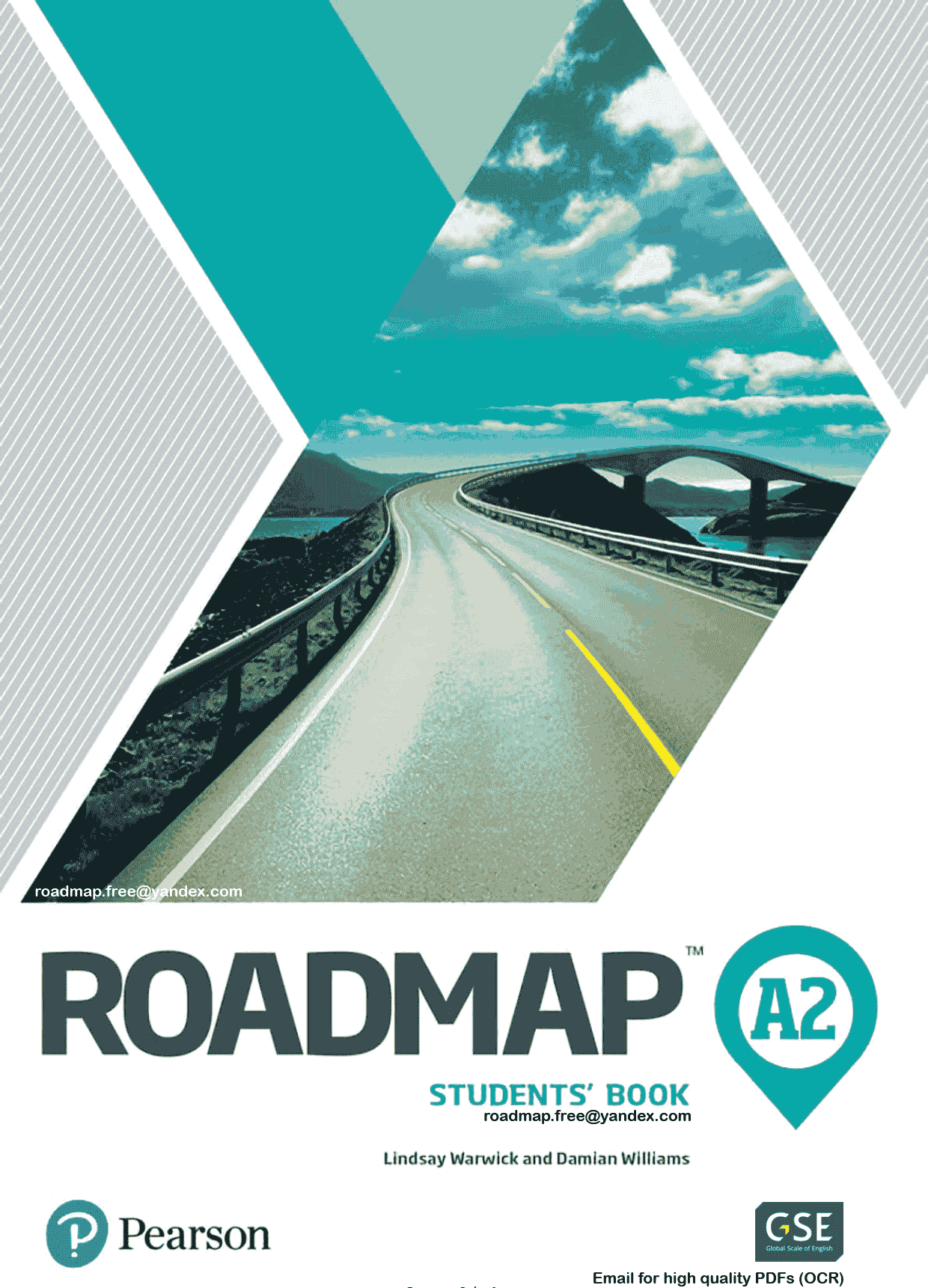
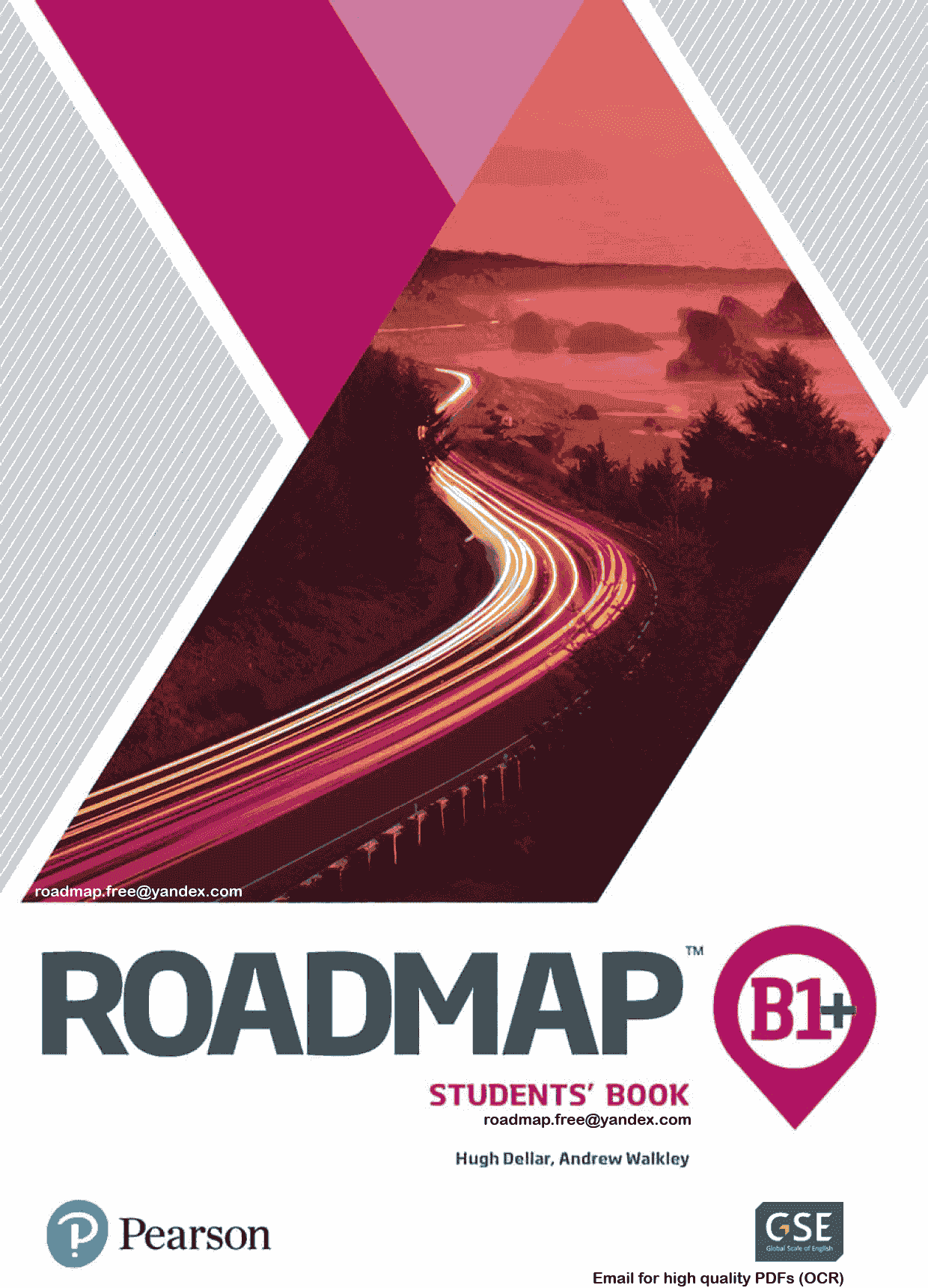
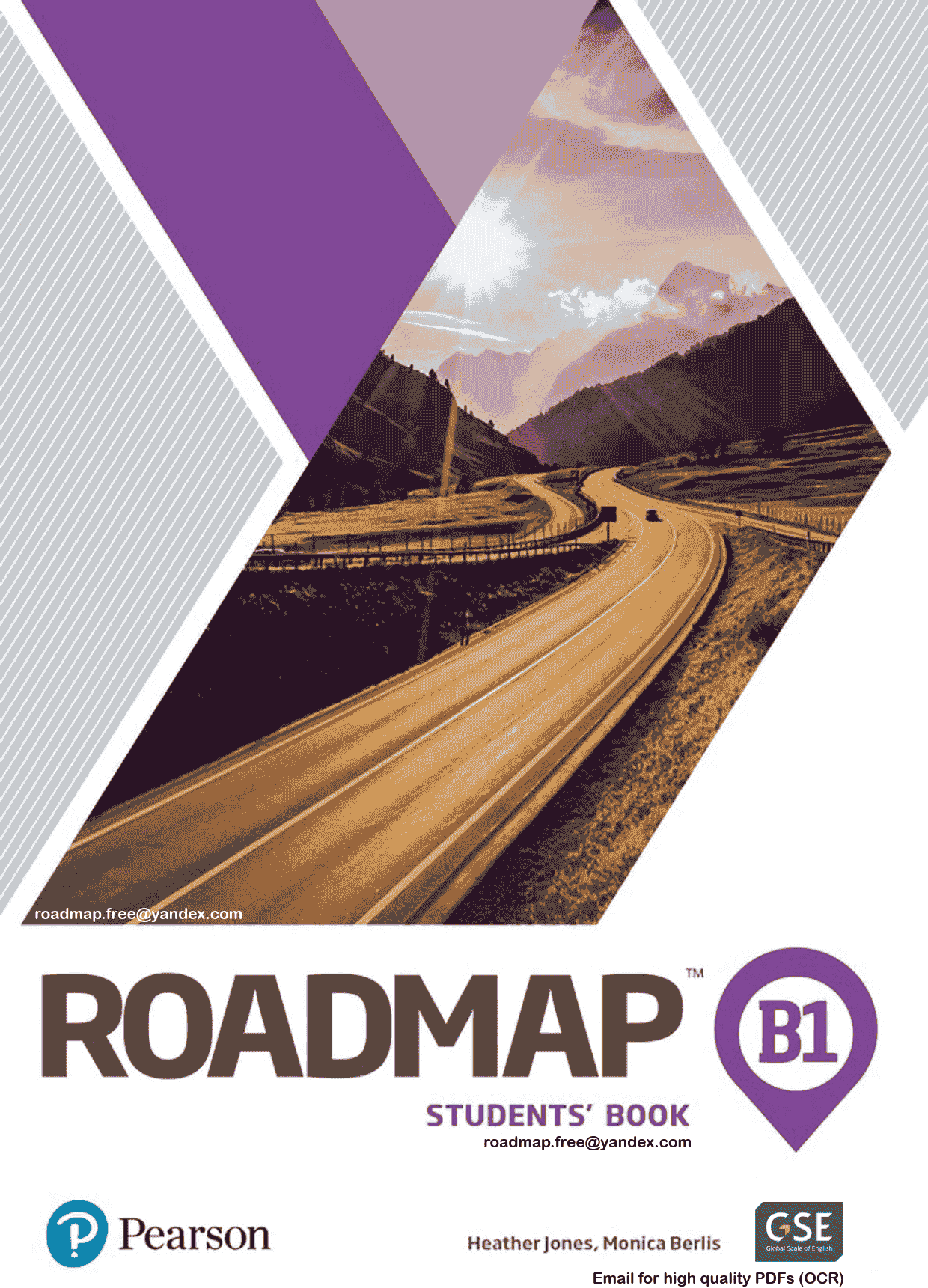
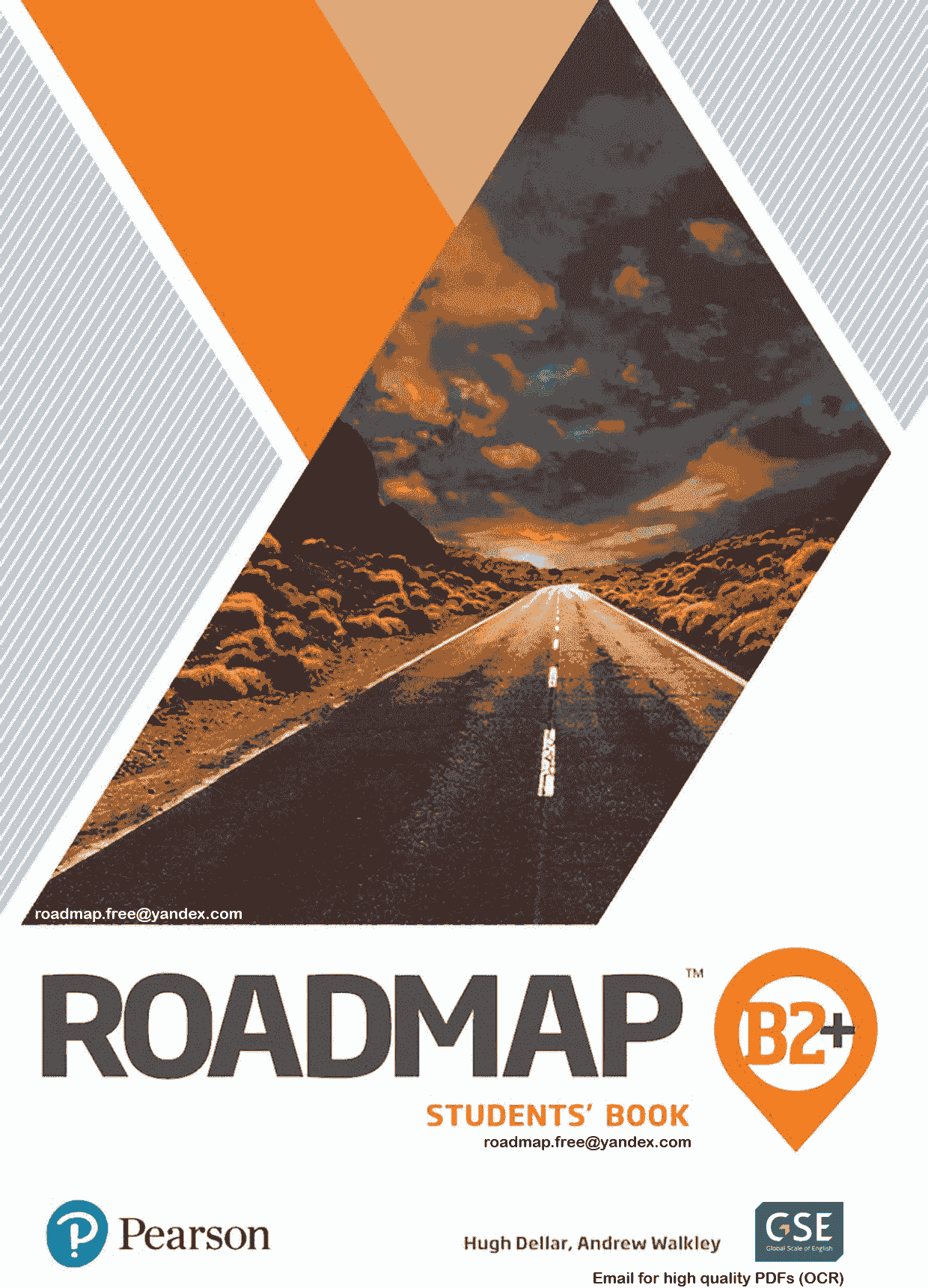
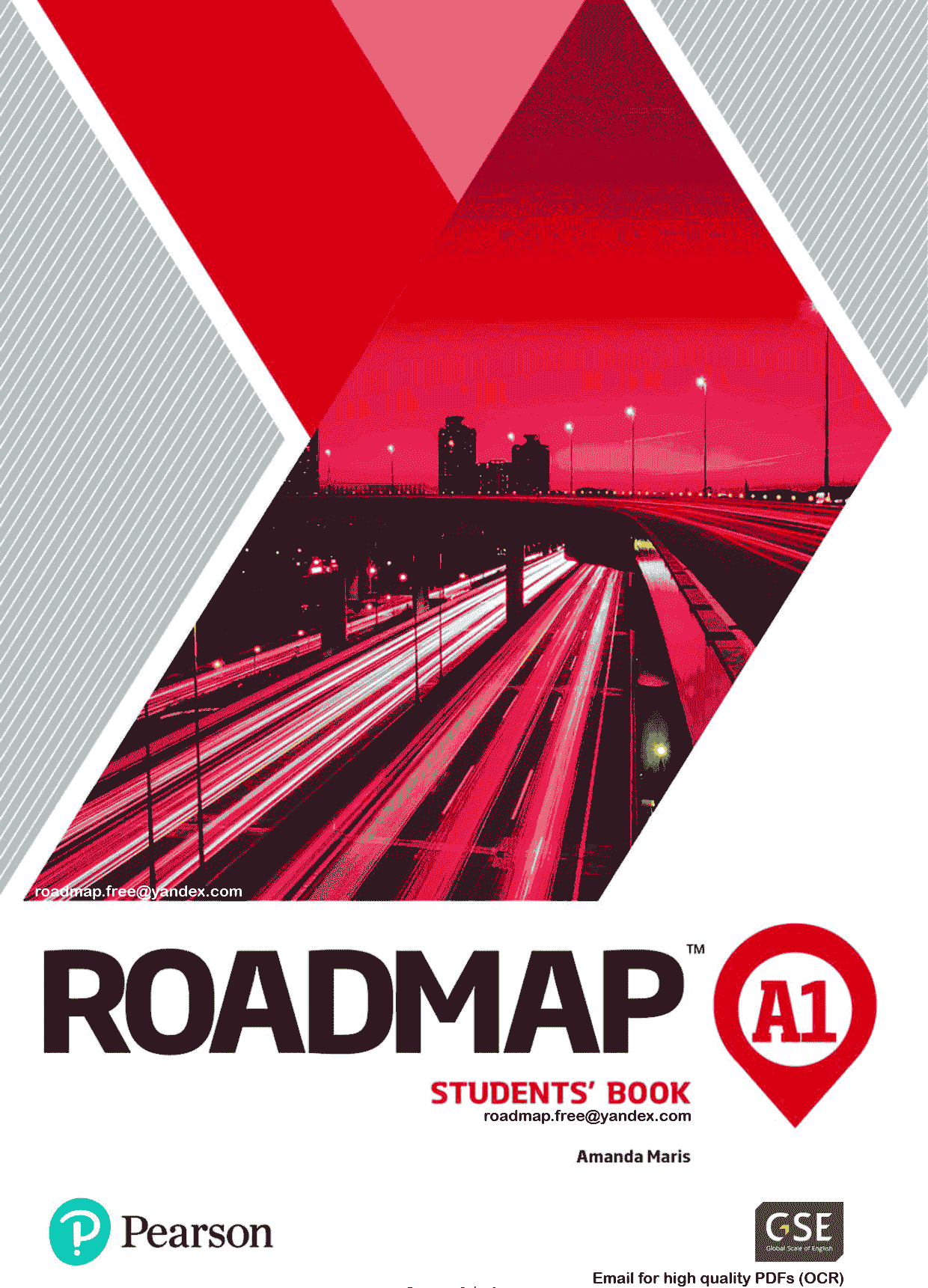

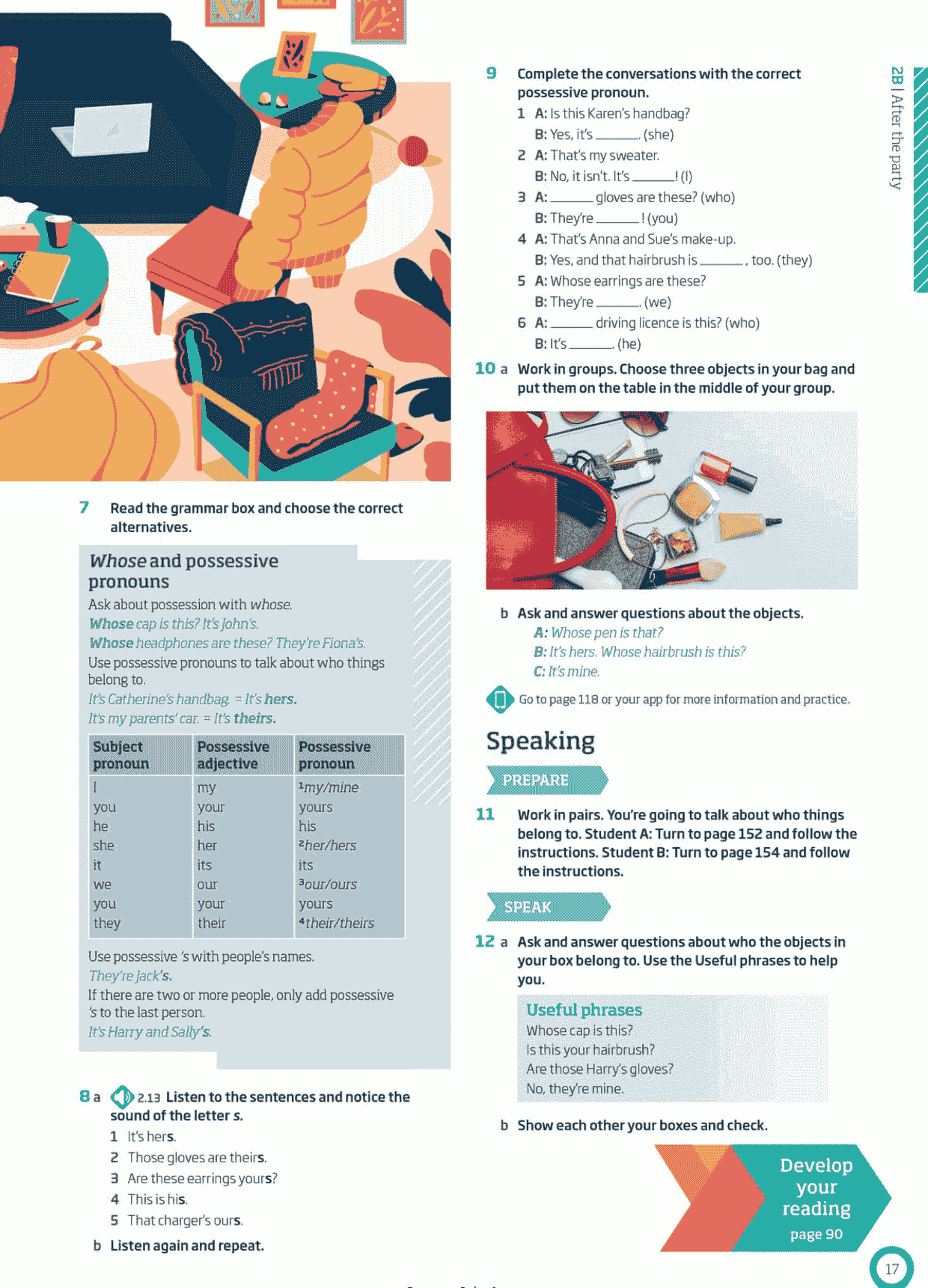
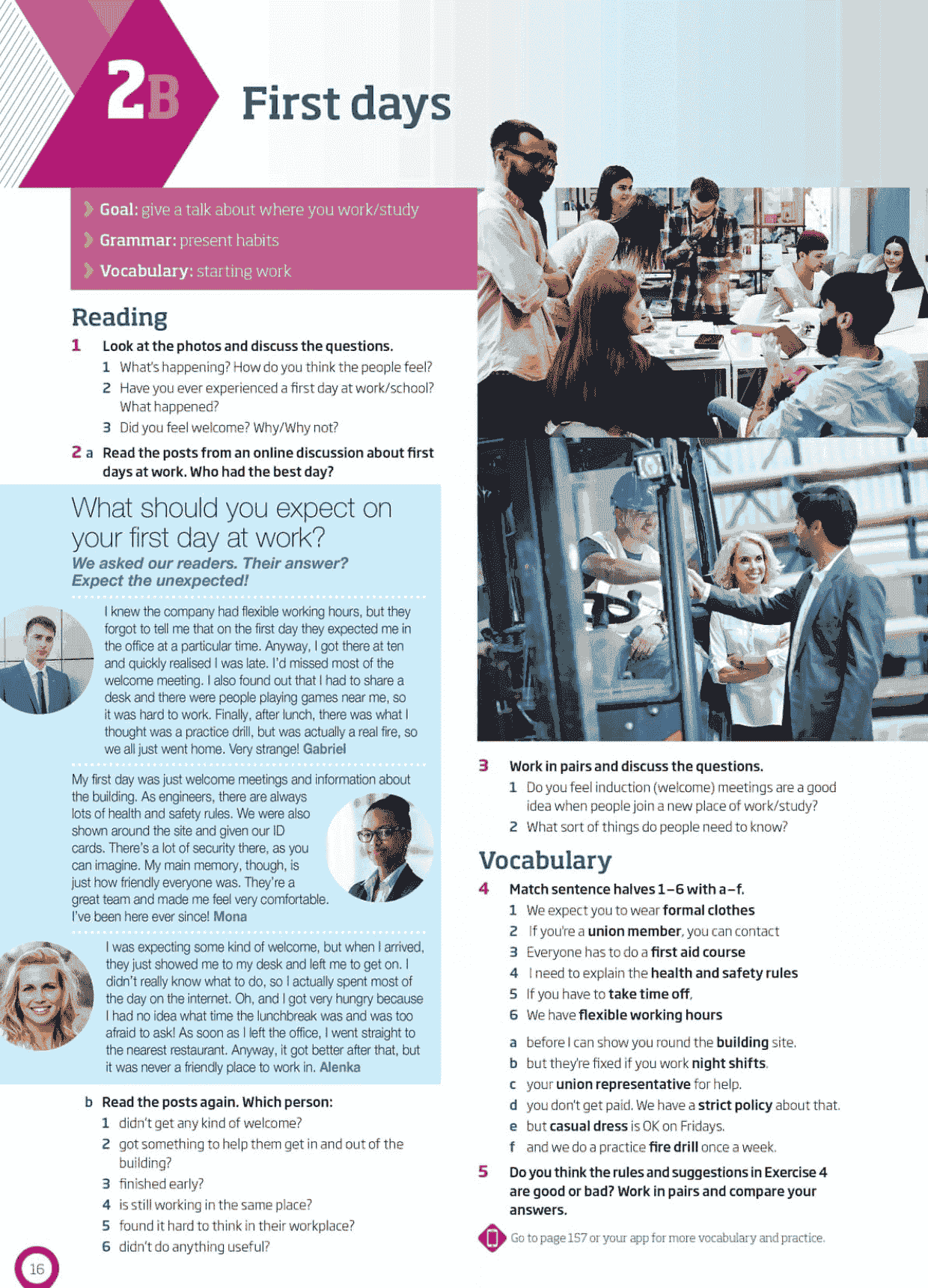
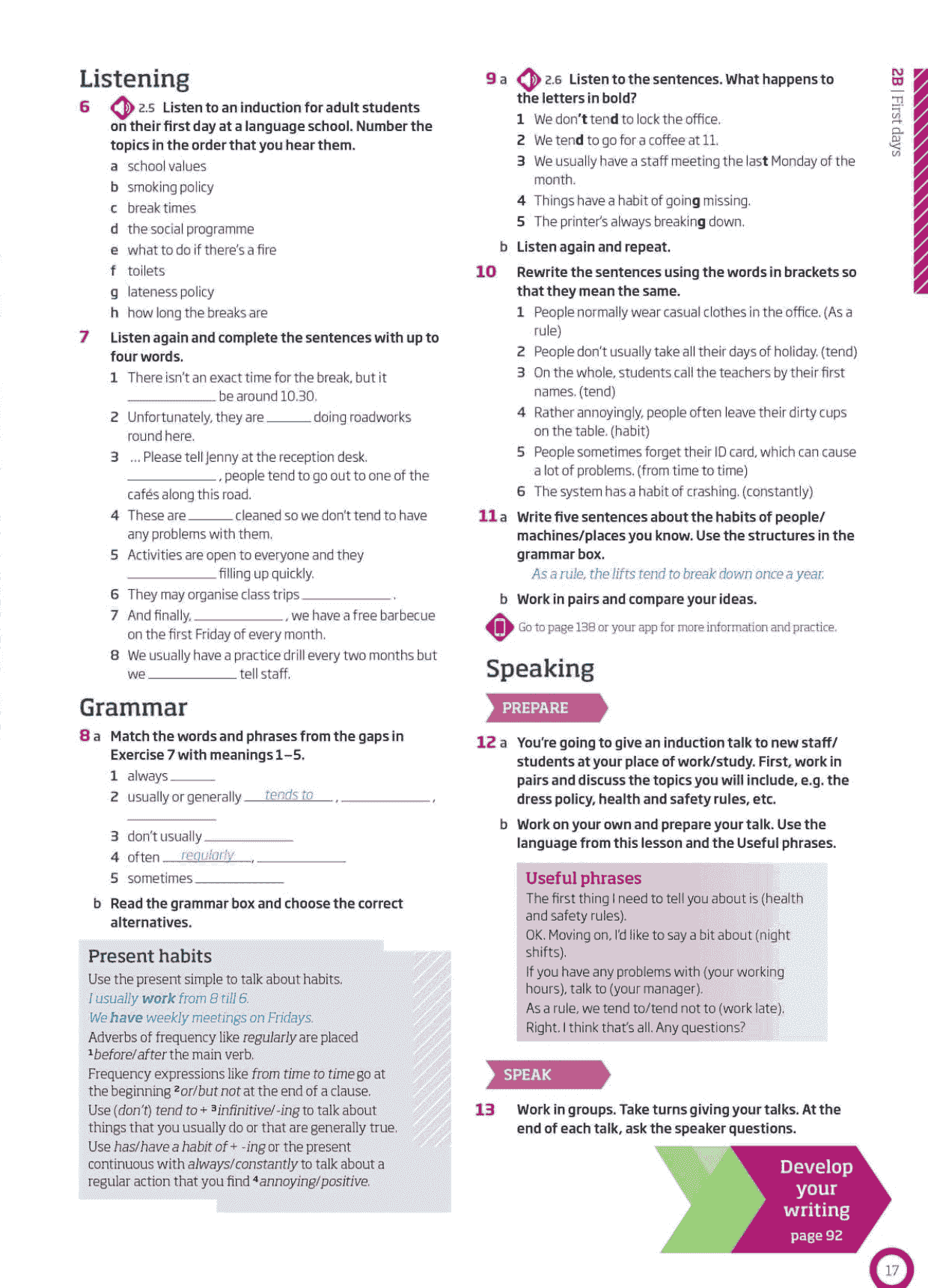


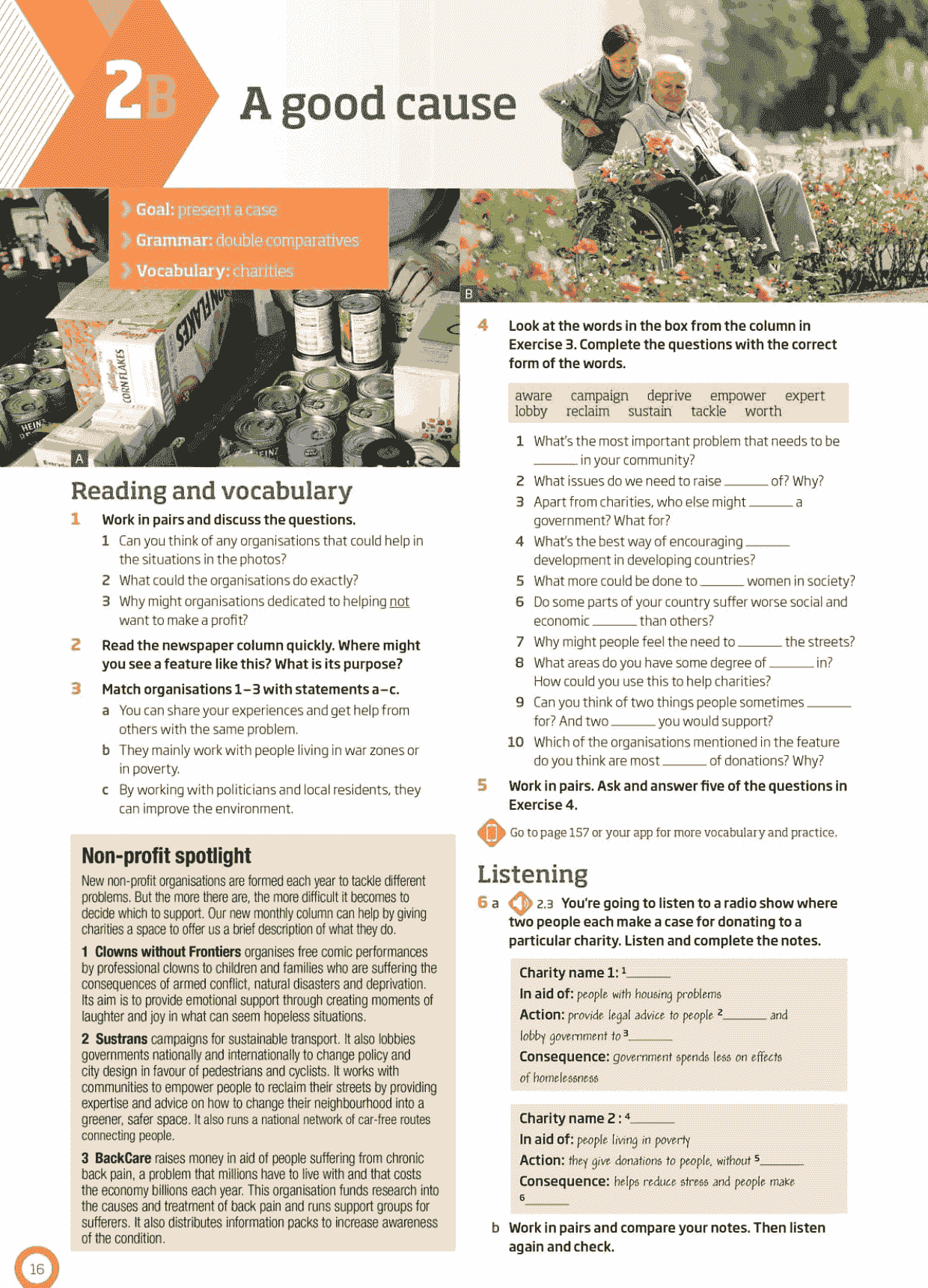


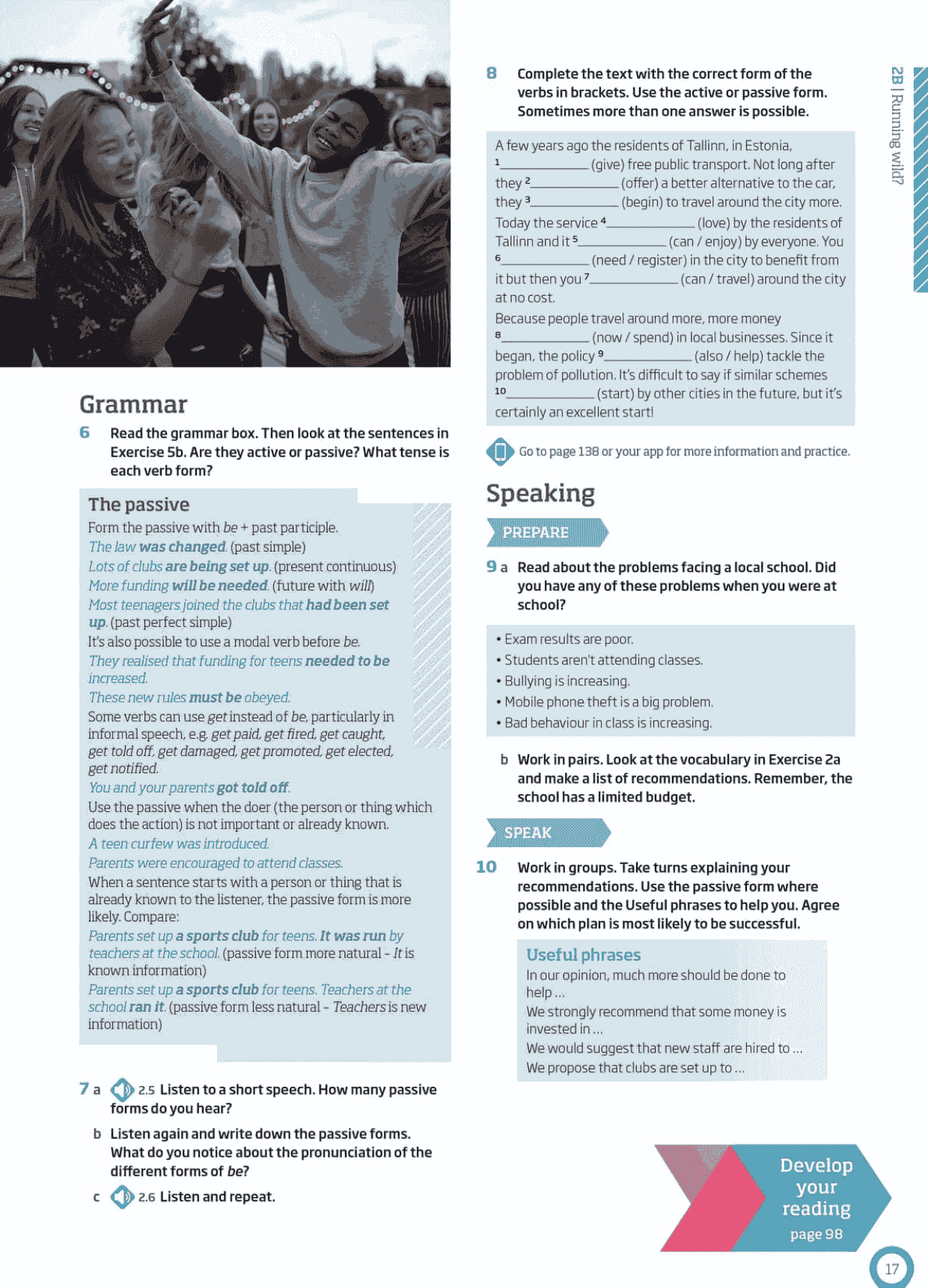
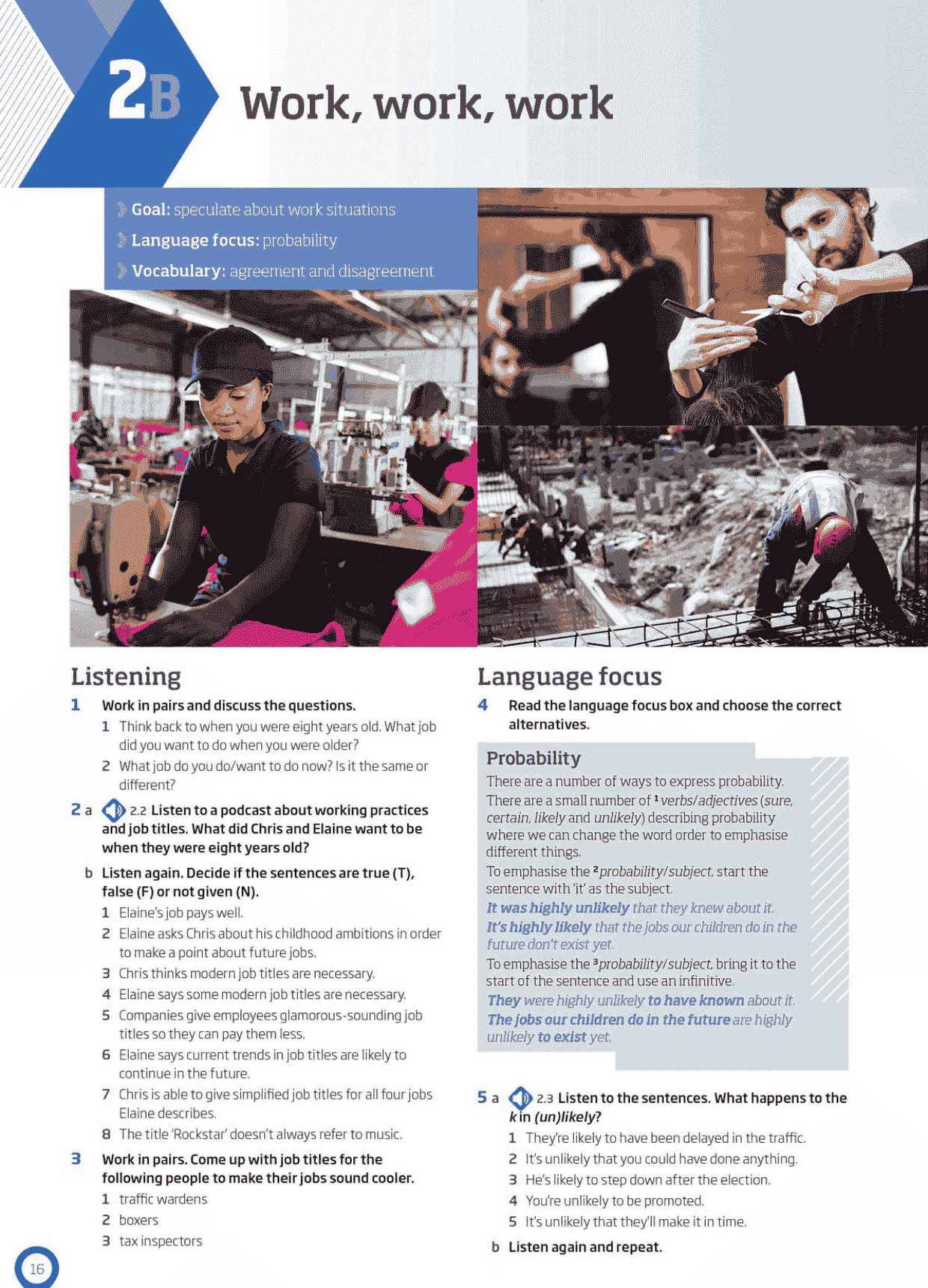

评论(0)